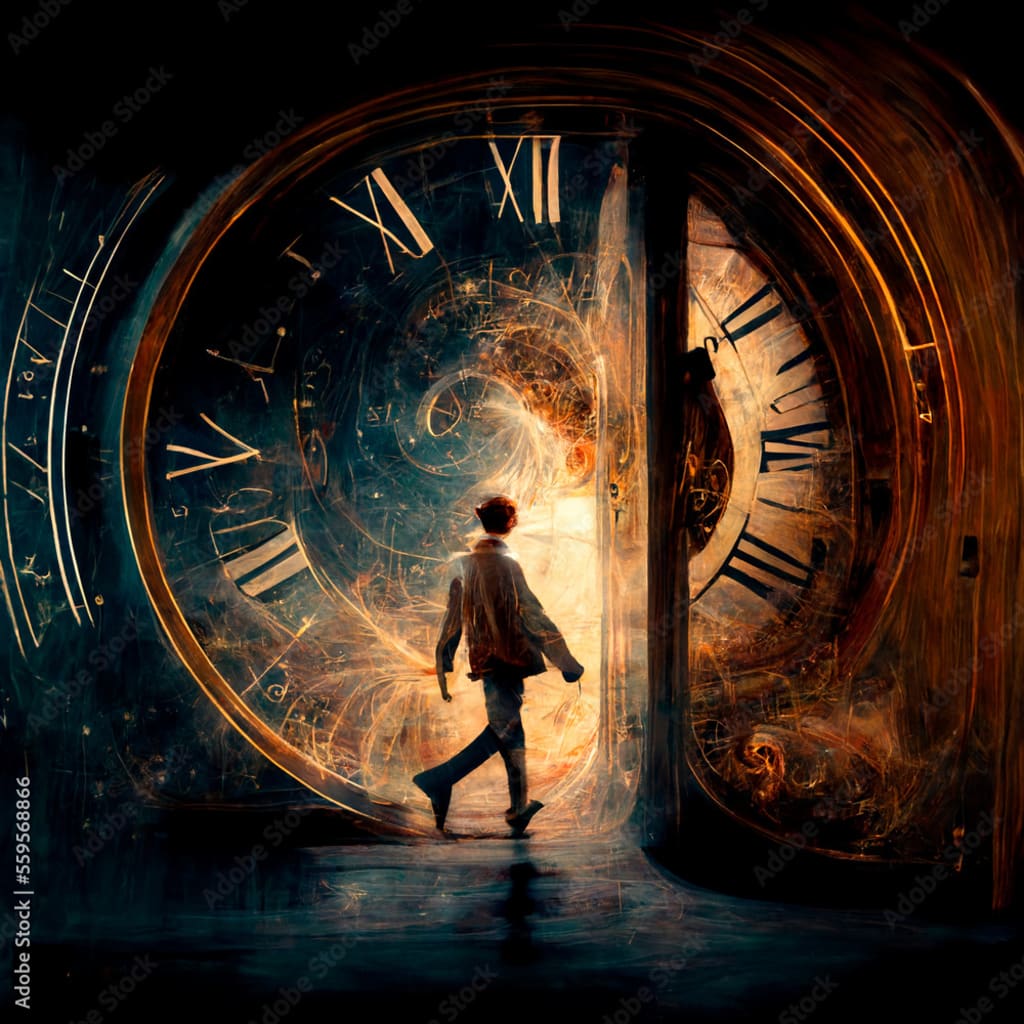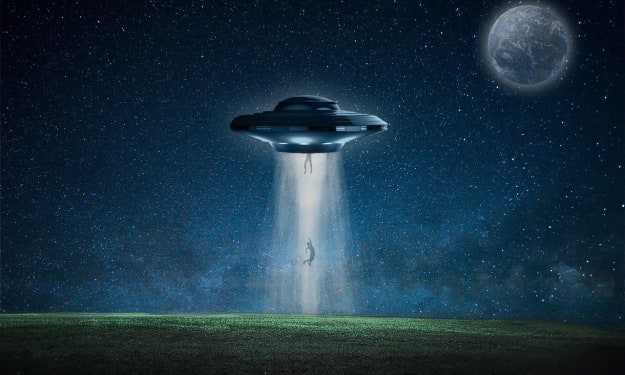MISSION TIME TRAVELS
TIME TRAVELS

Outline
1.Introduction to Mission Time Travels
2.The Concept of Time Travel
2.1. Understanding the Theory of Time
2.2. The Possibility of Time Travel
Mission Time Travels: Exploring the Past
3.1. Uncovering Ancient Civilizations
3.2. Studying Historical Events
Mission Time Travels: Shaping the Future
4.1. Predicting Technological Advancements
4.2. Analyzing Societal Changes
Challenges and Limitations of Time Travel
5.1. Paradoxes and Altered Timelines
5.2. Ethical Considerations
Time Travel and Scientific Research
6.1. Quantum Mechanics and Time
6.2. Experiments and Theories
The Impact of Mission Time Travels
7.1. Advancements in Historical Knowledge
7.2. Influencing Future Decisions
8.Conclusion
9.FAQs
9.1. Is time travel possible?
9.2. How does time travel work?
9.3. Can time travel alter history?
9.4. What are the ethical implications of time travel?
9.5. Are there any real-life examples of time travel?
Mission Time Travels: Unlocking the Secrets of the Past and Future
Time travel has long captivated the imagination of humankind, from the pages of science fiction novels to the silver screen. The ability to journey through time, exploring both the past and the future, has intrigued generations. While it may seem like a concept confined to the realm of fiction, the idea of mission time travels is one that continues to fascinate scientists, researchers, and enthusiasts alike. In this article, we will delve into the world of time travel, exploring its possibilities, potential applications, and the impact it could have on our understanding of history and the future.
Introduction to Mission Time Travels
Mission Time Travels is a revolutionary concept that aims to facilitate the exploration of different periods in history and provide a glimpse into the future. It goes beyond the mere observation of historical events and instead offers the opportunity to actively participate in the events that have shaped our world. By utilizing advanced technology and scientific understanding, mission time travels aim to bridge the gap between different eras, unravel mysteries, and gain valuable insights into the past and future.
The Concept of Time Travel
Before we delve into the intricacies of mission time travels, it is essential to understand the concept of time travel itself. Time, as we perceive it, is a dimension that allows events to unfold sequentially. However, the theoretical possibility of moving through time in a non-linear fashion challenges our conventional understanding.
Understanding the Theory of Time
According to the theory of relativity proposed by Albert Einstein, time and space are intrinsically connected, forming a four-dimensional framework known as spacetime. This theory suggests that massive objects, such as stars or black holes, can bend spacetime, leading to the phenomenon of time dilation.
The Possibility of Time Travel
While the concept of time travel sparks intrigue, its feasibility remains a subject of debate among scientists. Some theories, such as wormholes and cosmic strings, suggest that certain configurations of spacetime could allow for traversable paths through time. However, these theories require immense amounts of energy and the ability to manipulate exotic matter, which is currently beyond our technological capabilities.
Mission Time Travels: Exploring the Past
One of the primary objectives of mission time travels is to unlock the secrets of the past. By venturing into different historical periods, researchers can gain invaluable insights into ancient civilizations, historical events, and cultural developments.
Uncovering Ancient Civilizations
Mission time travels offer the opportunity to witness firsthand the rise and fall of ancient civilizations that have long captured our imagination. Imagine walking alongside the pharaohs of ancient Egypt, observing the construction of the pyramids, or experiencing the grandeur of the Roman Empire. By immersing ourselves in these historical contexts, we can gain a deeper understanding of the people, cultures, and societies that have shaped our world.
Studying Historical Events
Mission time travels also allow researchers to study pivotal moments in history with unparalleled accuracy. By directly experiencing significant events like the signing of the Declaration of Independence or the fall of the Berlin Wall, we can gain unique insights into the motivations, struggles, and consequences of these transformative moments. Such firsthand knowledge can enrich our understanding of history and shed new light on the complexities of the human experience.
Mission Time Travels: Shaping the Future
While mission time travels offer a window into the past, they also hold immense potential for shaping the future. By exploring potential future scenarios, researchers can anticipate technological advancements, societal changes, and their implications.
Predicting Technological Advancements
Mission time travels can provide a glimpse into the future technological landscape, enabling researchers to foresee breakthroughs that could revolutionize various industries. By witnessing the development of groundbreaking technologies firsthand, scientists can accelerate innovation and ensure a smoother transition into the future. From renewable energy sources to artificial intelligence, mission time travels can offer invaluable foresight into the possibilities that lie ahead.
Analyzing Societal Changes
In addition to technological advancements, mission time travels can help researchers analyze and anticipate societal changes. By observing the impact of social, political, and environmental factors, we can better prepare for the challenges and opportunities that await us. Understanding the potential consequences of our actions can inform decision-making processes and enable us to create a more sustainable and inclusive future.
Challenges and Limitations of Time Travel
While the concept of mission time travels is intriguing, it is not without its challenges and limitations. The very nature of time travel raises significant concerns that must be addressed before its widespread implementation can become a reality.
Paradoxes and Altered Timelines
One of the most prominent challenges of time travel is the possibility of paradoxes and altered timelines. The concept of going back in time and changing the course of events raises questions about causality and the potential butterfly effects of such interventions. The repercussions of altering the past could have profound and unforeseen consequences, leading to a cascade of changes that may fundamentally reshape the present and future.
Ethical Considerations
Another crucial aspect to consider is the ethical implications of time travel. The ability to witness historical events and interact with individuals from different time periods raises questions of consent, cultural sensitivity, and the preservation of historical accuracy. Respecting the integrity of the past while benefiting from the knowledge it provides is a delicate balance that must be maintained to ensure responsible and ethical time travel practices.
Time Travel and Scientific Research
Time travel is not only a topic of fascination but also a subject of scientific research. Scientists and theorists have delved into the complexities of time, exploring its mysteries and pushing the boundaries of our understanding.
Quantum Mechanics and Time
Quantum mechanics, the branch of physics that deals with the behavior of subatomic particles, has provided intriguing insights into the nature of time. The principles of quantum mechanics, such as superposition and entanglement, challenge our linear perception of time and suggest that it may be far more intricate and interconnected than previously imagined.
Experiments and Theories
Scientists have conducted various experiments and formulated theories to test the possibility of time travel. From the famous twin paradox to quantum teleportation, these endeavors aim to unravel the secrets of time and uncover its potential for manipulation. While significant progress has been made, there is still much to learn and explore before time travel becomes a practical reality.
The Impact of Mission Time Travels
The advent of mission time travels would have a profound impact on our understanding of history, the future, and our place in the universe.
Advancements in Historical Knowledge
Mission time travels would revolutionize the field of history by providing firsthand accounts and experiences of past events. This immersive approach to historical research would enrich our knowledge, challenge existing narratives, and offer a more comprehensive understanding of the complexities of human civilization. By bridging the gap between the present and the past, mission time travels could reshape how we study and interpret history.
Influencing Future Decisions
Mission time travels also have the potential to influence future decisions and actions. By gaining insights into potential future scenarios, policymakers, scientists, and individuals can make more informed choices that take into account the long-term consequences of their actions. Additionally, lessons learned from the past can be applied to present-day challenges, fostering a more enlightened and proactive approach to shaping the future.
Conclusion
Mission time travels represent a frontier of exploration that combines science, technology, and our innate curiosity about the mysteries of time. While the concept of time travel continues to captivate our imagination, its realization poses significant challenges and raises profound ethical considerations. However, through ongoing scientific research and advancements, we inch closer to unlocking the secrets of time and expanding our understanding of the universe in which we reside.
FAQs
1. Is time travel possible?
While time travel remains a topic of scientific exploration and theoretical study, its practical implementation is yet to be achieved. Current scientific understanding suggests that certain configurations of spacetime could potentially allow for time travel, but significant technological and energy-related challenges need to be overcome.
2. How does time travel work?
The exact mechanics of time travel, if achievable, remain speculative. Theories such as wormholes, cosmic strings, and time dilation propose mechanisms through which time travel might be possible. However, these theories require scientific breakthroughs and technological advancements that are currently beyond our capabilities.
3. Can time travel alter history?
The concept of altering history through time travel raises concerns regarding paradoxes and altered timelines. While it remains a subject of debate, the prevailing notion suggests that altering the past could have far-reaching consequences, potentially leading to significant changes in the present and future.
4. What are the ethical implications of time travel?
Time travel raises ethical considerations, such as consent, cultural sensitivity, and the preservation of historical accuracy. Respecting the integrity of the past while responsibly utilizing the knowledge gained from time travel is crucial to ensure ethical practices.
5. Are there any real-life examples of time travel?
As of now, there are no scientifically validated instances of time travel. Time travel remains a theoretical concept that continues to be explored through scientific research, experiments, and theoretical frameworks.





Comments
There are no comments for this story
Be the first to respond and start the conversation.